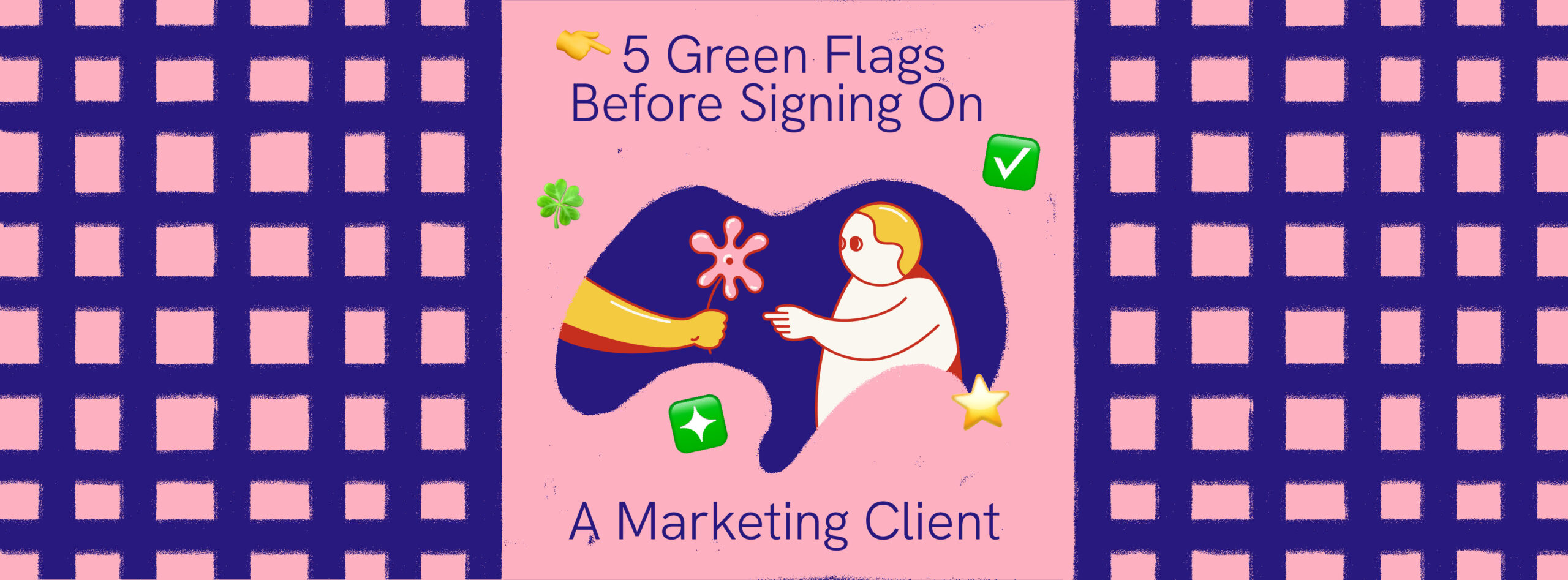Contrary to conventional thought, it is quite possible to have a business that operates with remote and async schedules and make it work smoothly. The key elements to keep in mind are motivation and flexibility. Working with people across the globe provides businesses an opportunity to reach a plethora of potential employees who would otherwise be overlooked for location-related reasons. The benefit that this type of jobs provide to the employees is, in turn, having various new job opportunities that are much more suitable to their skillsets, mindsets and ideals; additionally, async jobs have a higher potential to lead to a new life in a new country or city. Moreover, when a remote job meets an async working schedule, the freedom of choice it gives to the employees regarding their working hours enables them to determine where and when they work as efficiently as possible. The efficiency in this context, however, is not the usual “Complete as many tasks as possible no matter the pressure on you.”. Instead, as we all are our own persons with personalized working routines, the employees get to distribute their time and tasks in accordance with a routine organized for their own efficiency, which reflects on our tasks and overall mental state. So, not efficiency for statistics alone, but for everybody.
The mental health aspect is also just as important to realize and emphasize as the efficiency side of this progress because it helps us get over the outdated dichotomy that puts happiness and work as inherently opposite poles, when in reality the two can very well be present in our lives together. It is an inevitability that sometimes life just… happens. To all of us. And we might have to spare time for other aspects of life such as medical issues, family or education which can end up disorienting us with the pressure it adds because of missed deadlines etc. That’s the point where working an async job comes to the rescue: because it gives us more control over the schedules. When somebody is overburdened and asks for help about a task or two of theirs, chances are they will have a colleague whose working hours provide them both with a cooperation opportunity based on their working hours; leading to decreased stress building during emergencies and tough times. This, on the other hand, necessitates a need to have a stronger communication and firm sense of trust between the employees. This tends to increase overall morale and sociability of the work environment greatly, as it inherently reinforces communal and cooperative relationships when compared to outdated synchronous work models.
Now, there are definitely some valid concerns when it comes to how smoothly things go in an environment where everybody works according to personalized schedules and flexible hours. We at Walrus Creative Works solved this potential issue by implementing a half-async system in which, although half-timers are also advised the same, full-timers are to be online and responsive from 12 PM to 4 PM but can choose when to work the remaining four hours according to their own preferences.
I asked some of my colleagues what working asynchronously has made easier in their lives and will be sharing their answers here:
Tutku: “I don’t have to force myself onto my desk to work inefficiently after a sleepless night; I get to spare some time for myself so that I can have a good breakfast; or, I don’t know, maybe I’ll have an appointment at the bank or with my dentist and I can schedule them between 9.00-10.00 and start working at 11.00, for which we don’t have to use our paid time offs.”
Orhun: “To me, the best part of working asynchronously is that rather than having to rearrange my sleep schedule, life-style, hobbies etc around my work shift, I get to make my job a much more natural part of the flow of life. I mean, as a morning person, I can choose to start working earlier in the morning, during hours I feel more productive. I know that my colleagues will be working during hours they feel are the best for them by doing this, and this provides a hearty comfort for both sides of the situation.”
Zeynep: “I can spare more time for Koko (her puppy). Less stress, more freedom.”
Işınsu: “Not being a morning person has been one of my biggest anxieties in the working world. Although I later learned that people with ADHD do struggle with sleep frequently, I have had to force myself to go to school (and later in life, work) with 3-4 hours of sleep most of my life, and it’s just been awful. At Walrus, I am finally allowed to operate in a way that will allow me to be productive and efficient. I wake up around 10 and start working at 11, and I’ve never felt more able, encouraged and respected.”
Bilge: “My creative juices do not flow well under a fixed schedule. Some days I like to start early, and some days sleep in until noon. Async work allows me to honor my body’s ebbs and flows. This way, work does not feel like something imposed on me, but something I can get done in my own time. Having full ownership of my schedule and work, I can actually enjoy what I do.”
Kaan: “Especially living in a city as chaotic as İstanbul, not commuting and wasting time is a big plus. I can also save more money. Better yet, working in a safe, inclusive environment and not having to run off to the bathroom just to take a breather reduces my work-related anxiety greatly.”
Özge: “I can adjust my working hours to make time for my daily errands, which lowers my stress levels quite a bit. I don’t waste time or money commuting; I don’t have to spend the money I make at work just to get to work. I can make more time for my hobbies and studies, and I also think it’s a more accommodating work model for neurodivergent people.”
Aras: “Working remotely and async has given me the freedom to arrange my daily plans in alignment with my academic schedule which is amazing because I can work and study at the same time without losing my sanity between the assignments, exams and work related tasks. It definitely opens up many slots I can choose to fill with whatever I need at that instant.”
Damla: “I love being able to pet my dog with one hand while I get my tasks done throughout the day, it brings me such peace. I can choose when I can work, listening to the needs of my body and mind, which improves my productivity. Also, instead of wasting time and energy on commuting (the traffic, the chaos of a big city…) I can spend that time in my own home, in comfort, doing more important work.”
As apparent from the words of our colleagues, it is possible to keep a functional and healthy schedule even though everybody working almost independently might seem chaotic at first. So we believe it’s safe to say that asynchronous and remote work promotes wellbeing against the weight of deadlines that come both with our jobs and lives. It just takes trust and cooperation to function.




